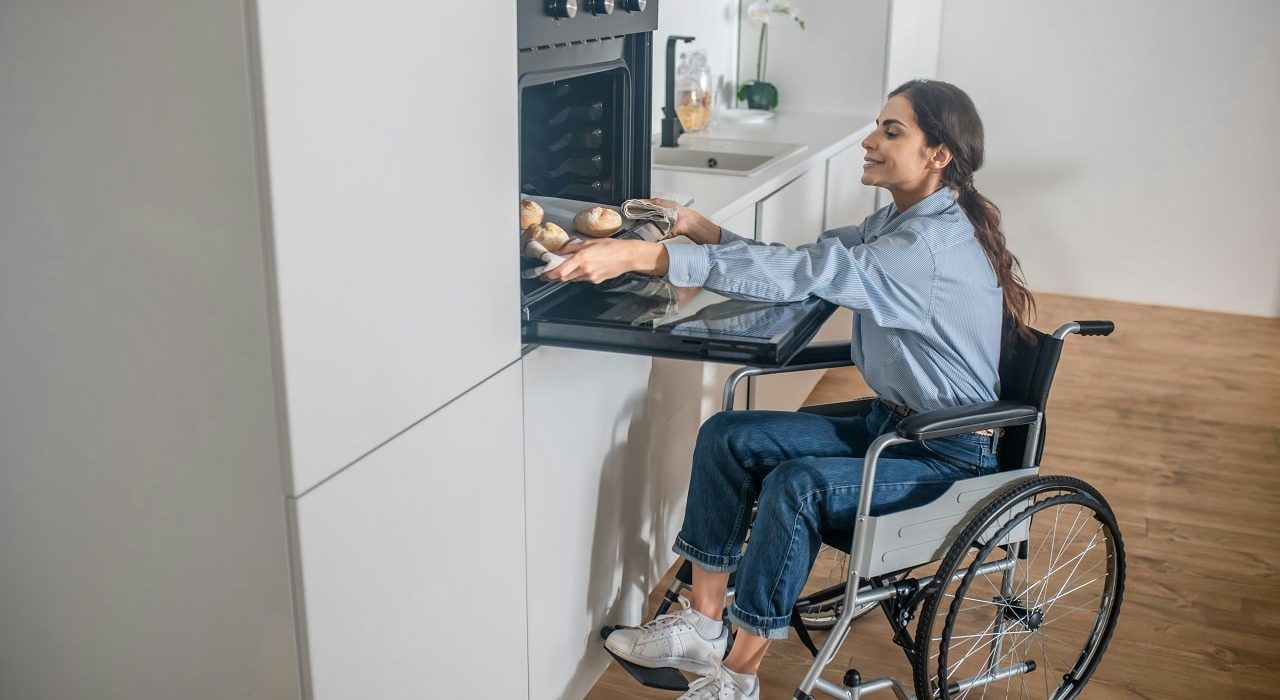As your NDIS service providers in Sydney, we are dedicated to helping you create a personalised support system designed to foster independence, well-being, and personal growth. A critical component of your overall NDIS experience is ensuring that your living environment aligns with your unique needs and aspirations. Home modifications are purposeful alterations made to your residence that can drastically improve accessibility, comfort, and safety for individuals with disabilities.
Through thoughtful and tailored home modifications, your living space can be transformed into an empowering environment that facilitates growth, independence, and enhanced quality of life. As your partner on your NDIS journey, we are committed to guiding you as you navigate the world of home modifications, ensuring that you understand the options and benefits available to you.
In this comprehensive guide, we will explore the various types of home modifications for NDIS participants, discuss the importance of creating an accessible and comfortable living environment, and provide strategies for successfully implementing these modifications to promote optimised well-being and independence. Join us as we delve into the transformative potential of home modifications, harnessing their power to reshape your living space and unlock a world of enhanced accessibility and comfort.
Transforming Your Living Space: Home Modifications for NDIS Participants to Enhance Accessibility and Comfort
Understanding the Various Types of Home Modifications
Home modifications for NDIS participants encompass a wide range of alterations designed to optimise accessibility, comfort and safety:
- Structural modifications: These large-scale changes may include widening doorways, installing ramps, or creating open-plan living spaces to improve mobility and accessibility.
- Bathroom modifications: Installing grab bars, level-entry showers, and accessible sinks can enhance safety and independence in daily personal care tasks.
- Kitchen modifications: Lowering countertops, installing pull-out shelves, and incorporating accessible appliances can empower individuals in meal preparation and other kitchen activities.
- Technological adaptations: Integrating smart home technology, such as voice-activated controls, can provide increased autonomy in managing the living environment.
The Importance of Creating an Accessible and Comfortable Living Environment
Designing an accessible and comfortable living space can have a resounding impact on the well-being and independence of individuals with disabilities:
- Safety and security: Home modifications can greatly reduce the risk of accidents and injuries, promoting a sense of safety and security within the residence.
- Independence and autonomy: Tailored alterations can enable individuals to perform daily tasks with greater ease, fostering independence and self-reliance.
- Personal growth and empowerment: An optimised living environment can boost self-confidence, facilitating personal growth and a sense of empowerment.
- Enhanced quality of life: A welcoming, functional, and comfortable space can significantly contribute to overall well-being and satisfaction with daily living.
Strategies for Successfully Implementing Home Modifications
Ensure a tailored and supportive home modification process with these key strategies:
- Assess your unique needs: Consider your specific requirements, personal preferences, and future needs to guide the home modification process.
- Collaborate with experts: Engage with professional architects, builders, and occupational therapists who can provide expert advice and guidance on suitable modifications.
- Prioritise essential modifications: Focus on addressing the most pressing accessibility, safety, and comfort needs before undertaking additional enhancements.
- Pursue funding options: Work with your NDIS plan manager and support coordinator to understand available funding options for home modifications within your plan.
Optimising Your NDIS Experience with Complementary Services
Combine your home modification strategy with other essential NDIS services for a comprehensive and well-rounded support system:
- Allied health support services: Avail of services such as physiotherapy, occupational therapy, and speech therapy to optimise overall well-being and functioning.
- In-home nursing and personal care: Engage tailored nursing and personal care services to support your daily health and personal care needs within your optimised living environment.
- Community and social support: Foster connections and personal growth by participating in community and social support programs that complement your home-based support network.
- Plan management and coordination: Collaborate with plan managers and support coordinators to efficiently manage your NDIS plan, resources, and home modification process.
Conclusion
Harnessing the transformative potential of home modifications can empower you to create a living environment that fosters independence, safety, and comfort, significantly enhancing your NDIS experience. By understanding the various types of home modifications, recognising the importance of an accessible and comfortable living space, and implementing key strategies for success, you can reshape your home into a sanctuary of support and empowerment.
As we support you on your NDIS journey, our expertise and guidance can ensure the smooth integration of home modifications into your life. By utilising the transformative power of home modifications, we can help you embrace a life of independence, comfort, and personal growth, ensuring that your living environment becomes a reflection of your own aspirations and achievements. Are you ready to unlock the potential of home modifications and step into a world of unparalleled accessibility and comfort? Learn more about our disability support services.


